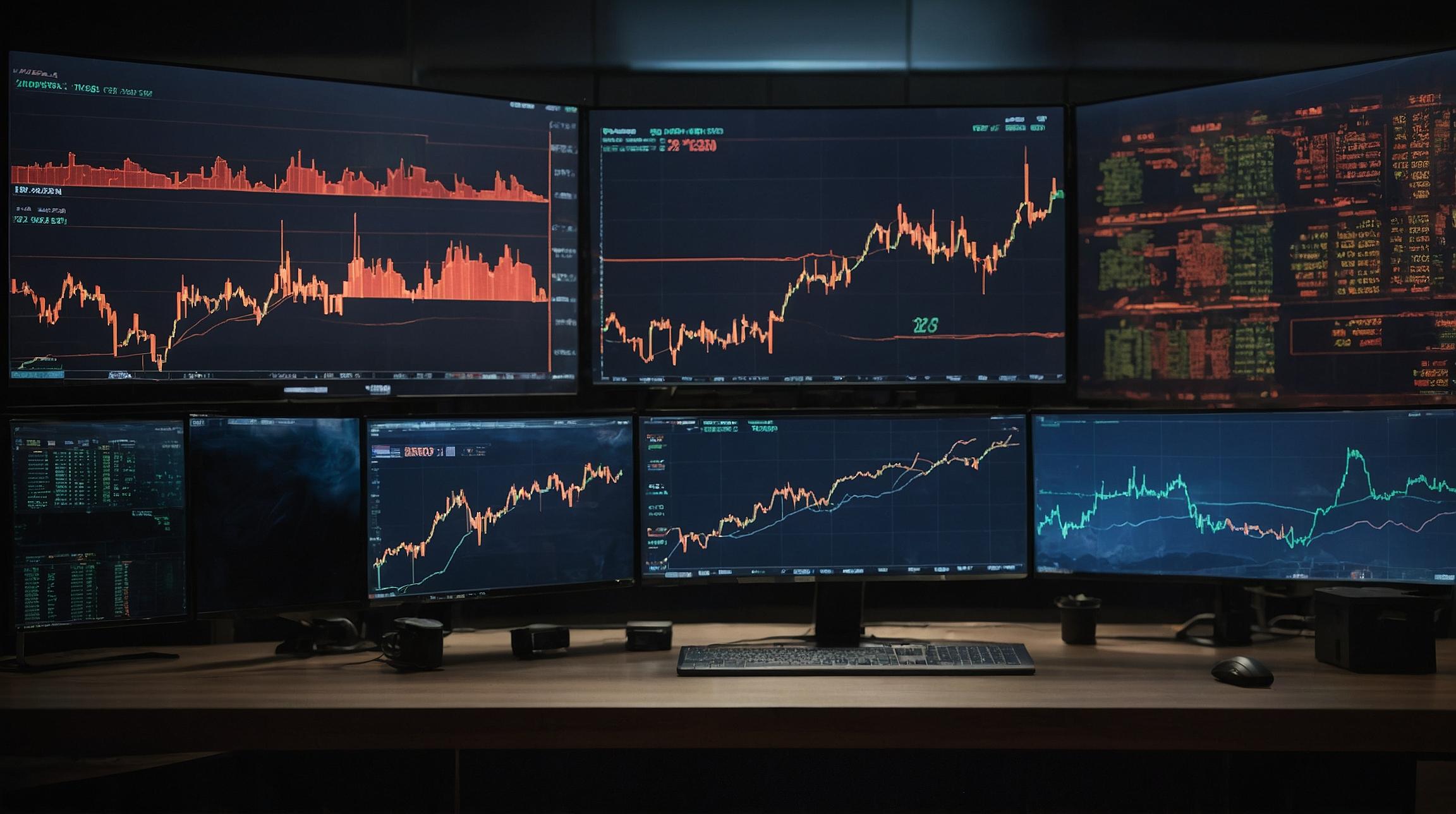The Choice of Influential Philosopher Yuk Hui
Yuk Hui, one of the most influential philosophers of technology in AI debates, has been utilizing ChatGPT for his work. In a recent lecture at the Center of Contemporary Culture in Barcelona, Hui expressed his admiration for the AI model’s ability to enhance translation skills. As a philosopher, he appreciates ChatGPT’s assistance in breaking down complex German sentences with accurate punctuation placement.
Hui’s Background and Unique Perspective on AI
Yuk Hui, born in Hong Kong, has a diverse educational background in both computer engineering and philosophy. His fascination with artificial intelligence as a philosophical concept led him to study and eventually earn his doctorate from Goldsmiths, University of London. Influenced by renowned thinkers such as Gilbert Simondon, Martin Heidegger, Henri Bergson, and Norbert Wiener, Hui advocates for a comprehensive understanding of our relationship with technology, taking into account different cultural perspectives.
From Computer Engineering to Philosophy: Hui’s Journey
Hui explains how his studies in Hong Kong, focused on artificial intelligence, revealed that AI was, in fact, deeply rooted in the realm of philosophy. Questions about perception, action, and morality that arise in AI development fascinated him. Hui was particularly influenced by the phenomenological critique of artificial intelligence pioneered in the 1960s by Hubert Dreyfus. Dreyfus challenged the prevalent Cartesian AI approach and introduced the concept of Heideggerian AI, which values embodiment and the understanding of everyday human experience.
The Current State of AI and the Race for Technological Supremacy
Hui reflects on the evolving landscape of AI and its implications for society. He notes that various world leaders, including Putin, Xi Jinping, and Emmanuel Macron, have recognized the importance of AI in determining geopolitical power. The notion of a technological singularity, where a superintelligence reshapes society and renders governments obsolete, has gained traction but also instilled an apocalyptic narrative. Hui suggests an alternative approach based on technological diversity, emphasizing the preservation of cultural knowledge and varied perspectives.
The Financial Exploitation of AI and Sociopolitical Tensions
Hui sheds light on the commercialization of AI, revealing that it is not only a technological tool but also a means to attract investments. The industry capitalizes on the fear surrounding AI to justify their ventures. Moreover, with mounting tensions in the world, such as the situation in Taiwan, Hui explores the possibility of AI competition leading to armed conflict. He delves into the relationship between technology and war, drawing on the speeches of philosopher Henri Bergson, who made observations about Europe’s reliance on machines and the subsequent outbreak of World War I.
The Paradox of Intelligence and the Transformative Impact of Technology
Hui delves into the paradox of human intelligence, which propels the creation of tools that can potentially pose a threat to humanity. He points out that humans are both inventors and creations of technology. Technological evolution outpaces biological evolution, which creates a disconnect between humans and the tools they develop. Hui highlights the industrial revolution’s impact, where workers shifted from utilizing multiple tools to working with closed, autonomous machines, leading to a sense of alienation. This trend continues with cybernetics and the emergence of almost biological machines.
Technodiversity and the Importance of Local Knowledge
Hui champions technodiversity, emphasizing the relevance of local knowledge in understanding technology. He differentiates his approach from right-wing preservation of traditional practices by highlighting the importance of incorporating local knowledge into contemporary technological development. Hui believes that economic motives and individualism should not overpower the use of technology, advocating instead for alternatives that benefit the community.
Art as a Catalyst for Transformation
Hui explores the influence of technology on art, recognizing the continued transformation of the artistic landscape through AI. He references Walter Benjamin’s concept of technological determinism, where the nature of art is altered by technological advancements. Hui proposes that technological diversity and artistic variety can aid in transforming our experience on Earth and inform the future development of technology.
Stay Updated with EL PAÍS USA Edition
Sign up for EL PAÍS USA Edition’s weekly newsletter to receive more English-language coverage of global news and analysis.
Analyst comment
Neutral news.
Market prediction: Given Hui’s influence and unique perspective on AI, his endorsement of ChatGPT may boost its reputation and relevance in the field. This could potentially lead to increased adoption of the AI model for translation purposes.













